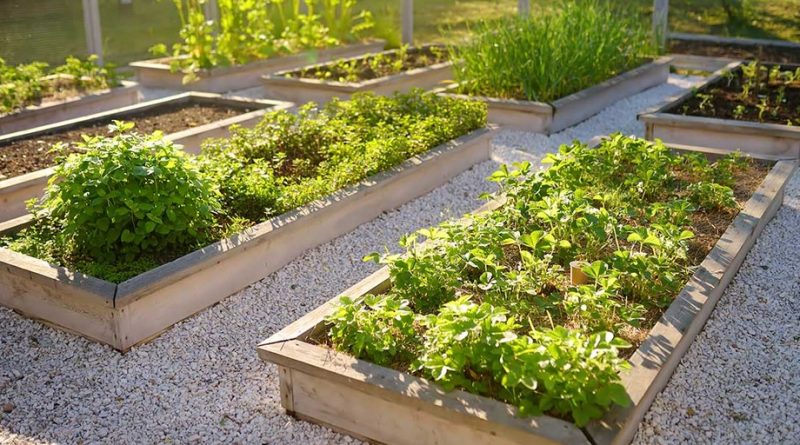Urban Agriculture Grants Plant Seeds for Access to Healthy Foods, Education, Job Training
While growing up in a public housing complex in the Bronx, Tyrone Robinson didn’t find many options to eat healthy. But, when he started working at a New York City nonprofit, the 23-year-old’s choices began to grow.
Robinson is one of dozens of New Yorkers who have joined the ranks of urban farmers, thanks to Green City Force, a nonprofit organization based in Bedford-Stuyvesant that creates a fertile ground for healthy foods and job training in New York City Housing Authority complexes.
Since 2013, Green City Force has been cultivating not only radishes and beets, but people and hope as well at farms established at NYCHA sites in Brooklyn, East Harlem, and the Bronx. In turn, GCF administers Urban Farm Corps, an AmeriCorps program that teaches three dozen NYCHA residents between the ages of 18-24 each year to manage crops and maintain a farm.
The focus of the farms is on fruits and vegetables, but advocates believe the program, funded in part by a grant from the Citi Foundation, provides a vital link to nutritious food, education and jobs to New Yorkers. A second round of funding from a $500,000 grant announced last month will provide Green City Force with the flexibility to pilot new programs that create access to fresh, healthy foods in neighborhoods where the only dinner options might be Chinese food or McDonald’s.
Agriculture in urban areas has gained interest among residents and policymakers across the nation. The federal government, which believes urban agriculture can play an important role in supporting local food systems, has established grants that help inner-city farmers overcome a unique set of challenges including the high cost of land and access to capital resources.
Libby Hikind, founder and CEO of GrantWatch.com, said local governments and nonprofits are also developing programs that foster both city and suburban agriculture in vacant lots and parks, roof-top balconies and roadside open space. Many of these funding opportunities can be identified on GrantWatch.
The National Center for Appropriate Technology reports more than 300 urban and suburban farms have sprouted up across the United States, about a third of which are in the Northeast. New York City is home to nearly 2,000 gardens as well as farms and rooftop growing spaces, many of which are overseen by nonprofits eligible for state Department of Agriculture and Markets grants. These opportunities aim to develop and expand urban farms and community gardens. Others requests for proposals target Brooklyn community-based organizations that can create job training programs in support of the green economy in the borough.
These grants underscore a growing movement to look beyond rural agriculture and support local food systems not only in cities like New York, but in Holyoke, where lawmakers are teaming up with a nonprofit group to create an urban farming program in the western Massachusetts municipality. The plans call for the state to invest $200,000 in two container farms at Holyoke Community College. Under the oversight of Nuestras Raices, interns from the school along with neighborhood apprentices will be taught hydroponic food production including how to grow leafy greens that will be sold to the college and local restaurants.
After his tenure at Green City Force, Paul Philpott established his own hydronic farm inside a shipping container tucked in a parking lot across from the Marcy Houses in Bedford-Stuyvesant. He tends to a bounty of radishes, kale, lettuce, beets, all lit by bright pink lights. The futuristic farm he manages yields about 35 pounds of produce each week, about half of which is sold to restaurants, caterers and chefs through his business, Gateway Greens.
Nonprofits as well as entrepreneurial farmers like Paul Philpott looking to cultivate their urban agriculture systems can streamline their search for capital by turning to GrantWatch.com, which lists easy to read and simple to comprehend grant applications. Sign-up here to receive the weekly GrantWatch newsletter which features geographic-specific funding opportunities.


Pingback: The Camden Project Gets $293,411 Grant To Fund The Planting of Fruits And Vegetables Grants